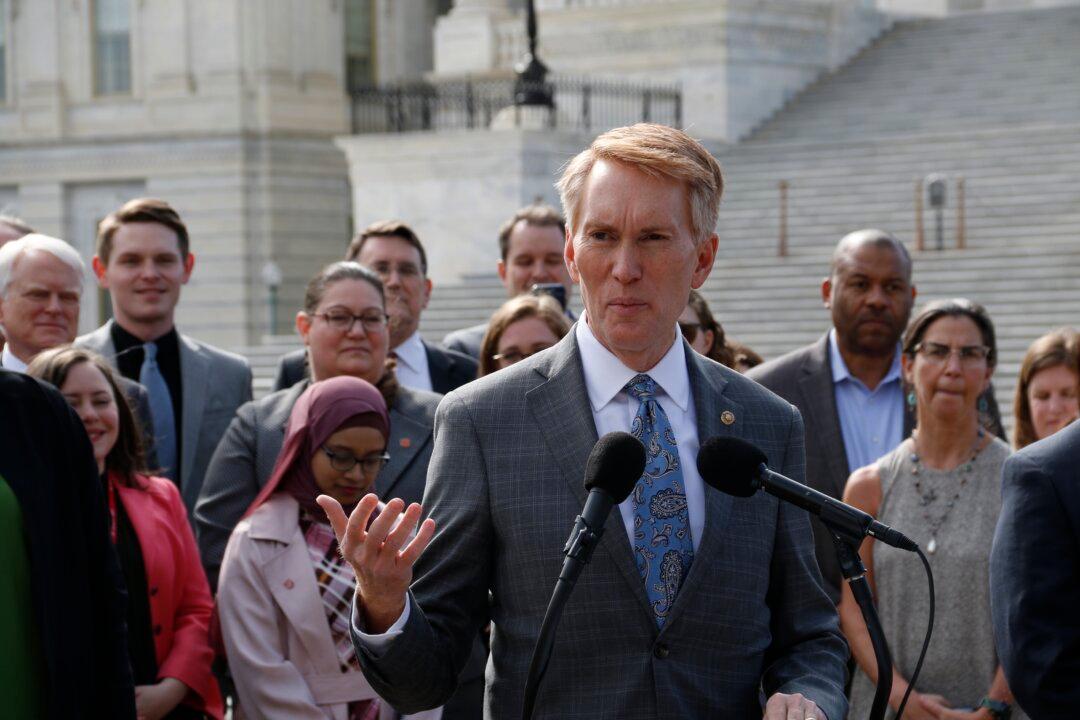Congressional observers know Sen. James Lankford (R-Okla.) as a deliberative man who thinks before he speaks, but the Oklahoma Republican doesn’t hesitate when asked about the role of faith in his personal life and political career.
“The most important decision is one I make every day—who am I going to follow, and what is going to be my foundation today? My faith in Jesus Christ has remained a firm foundation in my life, and my faith is by far the most important decision I make,” Lankford told The Epoch Times.





